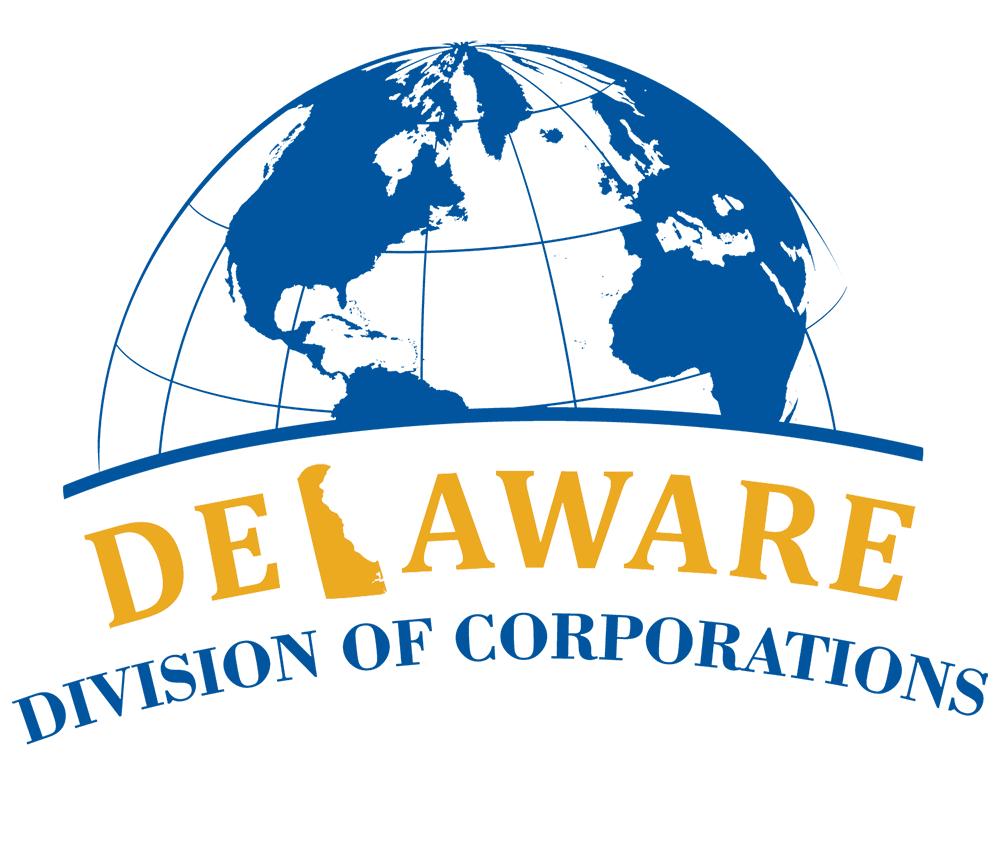Tuesday, July 6, 2004
General Assembly Approves 2004 Amendments to Corporate Laws
Dover – The Delaware General Assembly approved the following legislation in 2004 amending Delaware’s business entity statutes:
HB 399 – Constitutional Amendment Relating to Corporations
HB 411 – Amending the Limited Liability Company Act
SB 272 – Amending the Delaware General Corporation Law
SB 273 – Amending the Revised Uniform Limited Partnership Act
SB 274 – Amending the Revised Partnership Act
Highlights of this year’s legislation are summarized below:
NOTE: THE FOLLOWING SUMMARY OF 2004 LEGISLATION AFFECTING DELAWARE BUSINESS ENTITY LAWS IS NEITHER AUTHORITATIVE NOR ALL-INCLUSIVE. THIS SUMMARY DOES NOT REPRESENT OFFICIAL POLICY OF THE STATE OF DELAWARE AND HAS BEEN PREPARED ONLY FOR GENERAL INFORMATION PURPOSES AND NOT FOR LEGAL ADVICE.
AMENDMENTS RELATING TO THE ISSUANCE OF CORPORATE STOCK
- The Delaware General Assembly completed the process of eliminating a long-standing provision of the Delaware State Constitution that prohibited a corporation from issuing stock “except for money paid, labor done or personal property, or real estate or leases thereof actually acquired by such corporation.” Because of the availability of stock with nominal or no par value, this provision has had little practical importance.
- With the elimination of that constitutional provision, the Delaware General Corporation Law has been simplified to provide that stock will be considered fully paid and non-assessable upon receipt by the corporation of the consideration determined by the board of directors.
REFERENCE TO EXTRINSIC FACTS IN THE CERTIFICATE OF INCORPORATION
- The Delaware General Corporation Law has long permitted merger agreements and provisions that define the rights of stock to be made dependent upon “facts ascertainable” outside of the merger agreement or certificate of incorporation. Under the 2004 amendments, this ability to incorporate extrinsic facts has been extended to any provision of the certificate of incorporation, other than a limited set of provisions, such as those specifying the classes, number of shares and par value of shares the corporation is authorized to issued.
FIDUCIARY DUTIES IN ALTERNATIVE BUSINESS ENTITIES
- The 2004 amendments to the Delaware Revised Uniform Partnership Act, Limited Liability Company Act and Revised Uniform Limited Partnership Act clarify several matters affecting the treatment of fiduciary and other duties. First, the statutes now make explicit that the governing agreement (partnership agreement, limited partnership agreement or limited liability company agreement) can eliminate, as well as expand or restrict, fiduciary or other duties. At the same time, the amendments make clear that the implied contractual covenant of good faith and fair dealing cannot be eliminated by agreement.
- The 2004 amendments also clarify the effect of good faith reliance on the provisions of the governing agreement, specifying that such reliance, absent contrary provision in the agreement, precludes liability for breach of fiduciary duty.
- Finally, the 2004 amendments confirm that the governing agreement may limit or eliminate any and all liabilities for breach of contract and breach of fiduciary duty, except for liability for an act or omission that constitutes a bad faith violation of the implied contractual covenant of good faith and fair dealing.
RIGHTS OF PERSONS NOT PARTIES TO A GOVERNING AGREEMENT
- The 2004 amendments to the Delaware Revised Uniform Partnership Act, Limited Liability Company Act and Revised Uniform Limited Partnership Act clarify that the governing agreement of the business organization may confer enforceable rights upon persons who are not parties to the agreement, including rights to approve amendments to the agreement.
NOTE: THE ABOVE SUMMARY OF 2004 LEGISLATION AFFECTING DELAWARE BUSINESS ENTITY LAWS IS NEITHER AUTHORITATIVE NOR ALL-INCLUSIVE. THIS SUMMARY DOES NOT REPRESENT OFFICIAL POLICY OF THE STATE OF DELAWARE AND HAS BEEN PREPARED ONLY FOR GENERAL INFORMATIONAL PURPOSES AND NOT FOR LEGAL ADVICE.






